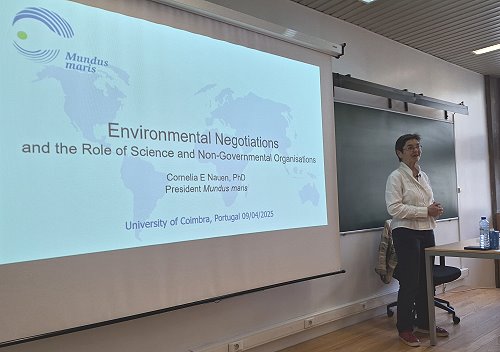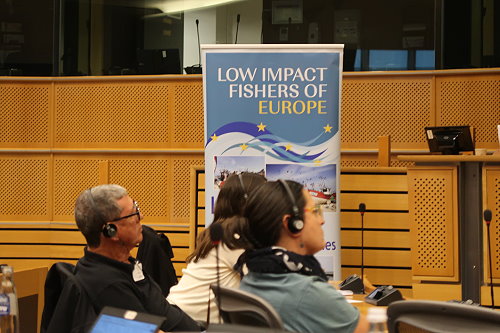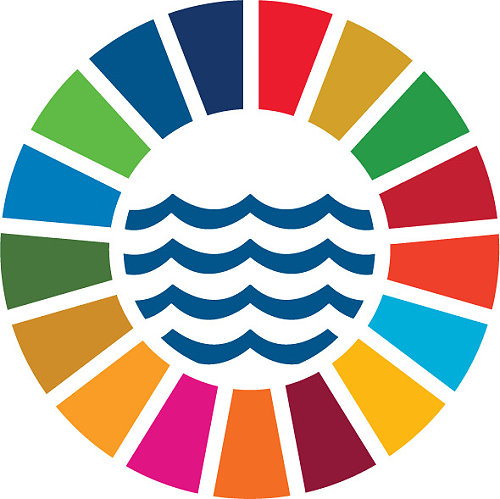Nuestra misión
Proveer conocimientos científicos y nativos relevantes y alentar la expresión artística acerca del mar para promover su restablecimiento, conservación y uso sostenible, fomentar el estudio, entendimiento y respeto a los ecosistemas acuáticos y la diversidad biológica y cultural asociada.
Foco en
Cómo apoyarnos
Donar
Si desea ver unos ecosistemas marinos ricos y saludables y unas comunidades costeras prósperas, si desea recibir información y que se tomen medidas preventivas contra la contaminación marina por plásticos y contra el cambio climático, ¡apoye nuestras actividades!
Como organización benéfica, dependemos totalmente de dinero donado a nosotros, por lo que cada contribución es muy apreciada!

Objetivos de Desarrollo Sostenible: Trabajamos en apoyo a los ODS
Más de 100 grupos e individuos de hasta 24 años de 9 países participaron en el concurso juvenil de los Premios Mundus maris.
Read more …



